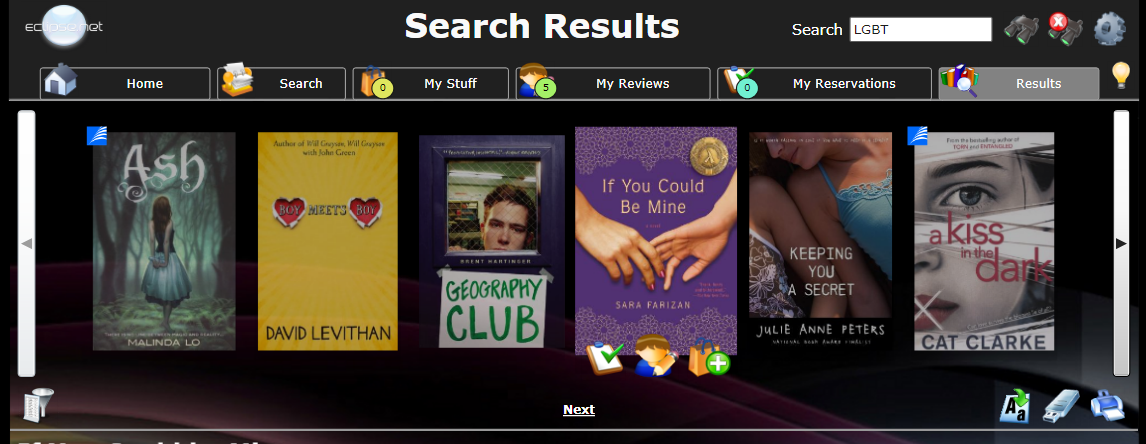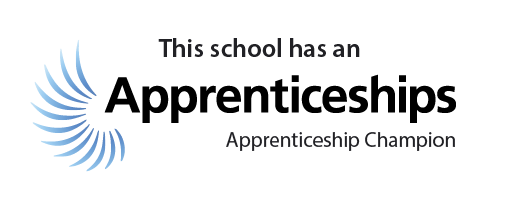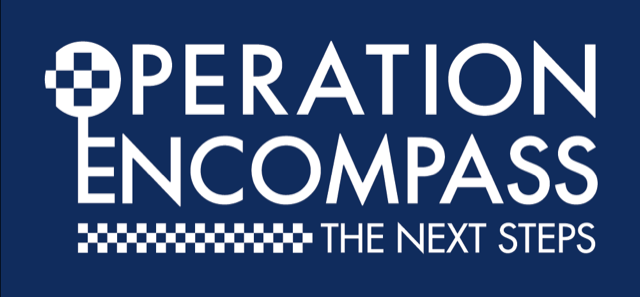|
Your child has come out. That’s great: it means that they feel confident about themselves and they are trusting you to be supportive. But what do you actually say? The terminology of gender and sexuality changes so fast that finding the right words can be a minefield. Our glossary is designed to get you started. LGBTQ people won’t all feel exactly the same way about every word on this list, so it’s important to be sensitive. For parents/carers, it can be confusing or difficult when your child identifies in a way you don’t fully understand – but the most important thing is to emphasise that you love and respect them unconditionally. |
|
| LGBTQ | LGBTQ stands for lesbian, gay, bisexual, transgender and queer or questioning. You might also see it written as LGBTQA, with the A signifying either ally (i.e. supportive) or asexual. All the variations on the acronym refer to a community of people who share some experiences: |
| Ally | In this context, this usually means a person who does not identify as LGBTQ but who supports the rights and experiences of people who do. That said, LGBTQ people can also be allies. For instance, a cisgender gay person might be an ally to a transgender person. |
| Asexual | Someone who generally does not feel sexual attraction. Being asexual is not the same thing as being celibate – asexual refers to a lack of sexual attraction, not to abstinence. Asexual people can and often do experience romantic feelings, and can have successful relationships with people who may also be asexual, or may not. |
| Bisexual (or bi) | Someone who is attracted to their own gender and another. |
| Biphobia | Hate of or aversion to bisexual people. People of any sexual orientation can be biphobic, and these feelings are often expressed through negative stereotypes of bisexual people. |
| Cisgender (or cis) | Someone whose gender identity matches the sex and gender they were assigned at birth; in other words, someone who is not transgender. |
| Coming out | The process of accepting one’s own sexual orientation or gender identity and/or sharing it with others. It is possible to be ‘out’ to yourself, to everyone or only to certain people – for instance, some people choose to come out to their families and friends but not their teachers or co-workers. |
| Gay | Someone whose attractions are exclusively or almost exclusively same-gender. While anyone can identify as gay, the term tends to be associated more with men than with women (who may also identify as lesbian). |
| Gender | The socially constructed categories of masculine and feminine, or man and woman. This has more to do more with roles, characteristics and identity than sex (though sexual feelings and behaviours obviously play a part in constructing identity). |
| Gender binary | The system of dividing gender into two distinct categories, male and female. Someone is binary-identified if they feel comfortable categorising themselves as one of these two options and non-binary identified if they do not (e.g. a transgender man who keeps his original – female – name and doesn’t live completely as a man or woman). |
| Gender nonconforming | A person who behaves or identifies in ways considered atypical for their gender. |
| Genderqueer | Sometimes used to describe people with non-binary gender identities. |
| Heteronormative | A term for behaviour, comments or anything else that assumes heterosexuality is normal and everything else is a deviation. |
| Heterosexual (or straight) | A person who is attracted exclusively or almost exclusively to the ‘opposite’ gender. |
| Homosexual | Another term for a person who is exclusively or almost exclusively attracted to their own gender. |
| Intersex | A person born with anatomical characteristics (like sex chromosomes and genitalia) that don’t fit the standard definitions of male or female. There are a range of intersex conditions and though people are born intersex, it doesn’t always show up at birth. Intersex people can have a variety of gender identities. |
| In the closet (or closeted) | A term used to describe an LGBTQ person who has not ‘come out’. People who are in the closet may be in denial about their identity or they may be comfortable with it but not ready to share it with others. |
| Outing | The act of revealing someone else’s sexual orientation or gender identity, normally without their consent. Outing someone can be very hurtful. |
| Lesbian | A woman who is exclusively or almost exclusively attracted to other women. |
| Pansexual | A person who is attracted to all genders. Some people prefer the term pansexual to bisexual because pansexual does not assume a gender binary. |
| PGP | Stands for preferred gender pronouns. Examples include she/her/hers, he/him/his and they/them/theirs. Some people might prefer a mix of pronouns and increasingly some people are using less traditional gender-neutral pronouns like zie or hir. |
| Queer | One of the most complicated terms on this list! Queer is often used as a synonym for LGBT+, or as an umbrella term for the entire community. Some LGBT people also use it to describe their own sexual orientation. But it’s important to note that queer was once considered a derogatory term for LGBT people. Many people within the community think the word has been reclaimed, but it may still be offensive to some – especially people from older generations. It’s one of those words that it’s easier for people inside the community to use than outside it. It’s probably best not to describe someone as queer unless you’re sure they are comfortable with it. |
| Sex | A person’s biological status based on their anatomy – including sex organs, hormones and chromosomes. Sex identifies individuals as either male, female or intersex. It’s commonly confused with gender but it’s a purely biological thing, whereas gender encompasses all the social expectations that go with particular sexual anatomies. |
| Sexual orientation | The type of attraction an individual feels. Gay, bisexual, lesbian, pansexual and heterosexual are all examples of sexual orientations. |
| Transgender (or trans) | Typically refers to anyone whose gender identity does not align with their assigned sex and gender at birth. Some trans people are binary-identified, others are not. |
| Transphobia | A hate or fear of and aversion to transgender people. |
There are a number of support groups and companies who can offer help and support to anyone wanting any advice on LGBT issues.
URPotential LGBT Support For Children, Young People & Families
We have a range of groups for Lesbian, Gay, Bisexual and Trans children, young people and adults, a group for family members, and we also offer 1 to 1 support. At groups you can meet other people with shared interests, get advice, information, and guidance. Access opportunities to get involved in a range of social, political, educational and fun activities.
Broaden your horizons and attend local and National events with us to celebrate diversity. With us you can be yourself in a safe and welcoming environment. The LGBT provision is delivered at various venues across Blackpool, Wyre and Fylde, 4 evenings a week - Monday to Thursday, and 1 full day weekend event once a month. Please contact the office for more details.
URPOTENTIAL, 296, Central Drive, Blackpool, Lancashire, FY1 5JW
Who to ask for: Nina or Jade
Telephone 01253 344398 / 07445641768 / 07453959567 E-mail lgbt@urpotential.co.uk / jade@urpotential.co.uk Website https://urpotential.co.uk/cms/lgbt/
| When | What? | Who? |
| Monday | LGBT | 13 - 18 Years |
| Tuesday | LGBT | 10 - 13 Years |
| 18 - 25 Years | ||
| Wednesday | Trans | 13 - 18 Years |
| Last Wednesday of the month. 7pm - 9:30pm | Family Support Group | Parents, carers, guardians, siblings and all family members |
| Thursday | LGBT | 13 - 18 Years |
| Contact URPotential to arrange | LGBT Support at Blackpool College | |
| Contact URPotential to arrange | LGBT 1 to 1 Support | 10 - 25 Years |
Families and friends of lesbian, gay and bisexual people (FFLAG)
They provide support for parents and their lesbian, gay and bisexual children, offering resources, stories from parents of LGB young people and information on local parent groups. https://www.fflag.org.uk/
R U Coming Out?
A website where LGBT people share their coming out stories
https://twitter.com/rucomingout?lang=en
Counselling Directory
Counselling Directory is a leading support network who are passionate about counselling and want to promote the huge benefits talk therapy can have. Their website is confidential and encourages those in need to seek help and to connect individuals with qualified counsellors in the UK. The site also contains information on the common reasons people turn to counselling, as well as articles, news, and events. Visit their website here for more information.
When your child comes out as transgender: a Q&A with Sue Chitayi
Sue’s son came out to her as transgender and started transitioning to male when he was 23. Sue has learned a lot from her son’s experience and now works as a parent volunteer for community interest company Gendered Intelligence, providing advice and support to other parents of trans children.
She’s talked to parents of adults and younger transgender children, and described how the process and the emotions involved are similar whatever the age of the transgender person, for both the parent and the child. She is also a fully trained Street Pastor, mother of three, grandmother of five and soon-to-be great grandmother of one. Click here to read the Q&A
Trans Unite
Trans Unite gives members of the transgender & non-binary communities the opportunity to find a support group local to them (or even an online-only group). The site is run by volunteers and is a not for profit organisation. They are the most up to date resource for the UK and online based support groups; users can find a local group and even message them directly from our site using the "Contact Group" button. Visit their website here for more information.
Mermaids
Mermaids offers support to tran children and young people up to 19 years old and their families, friends and schools. You can access support, information and friendship groups online https://mermaidsuk.org.uk/
Gendered Intelligence
They provide guidance, resources and support for trans young people, https://genderedintelligence.co.uk/trans-youth/resources.html
Counselling Directory
Counselling Directory is a leading support network who are passionate about counselling and want to promote the huge benefits talk therapy can have. Their website is confidential and encourages those in need to seek help and to connect individuals with qualified counsellors in the UK. The site also contains information on the common reasons people turn to counselling, as well as articles, news, and events. Visit their website here for more information.
At LSA
We stock a wide selection of LGBT friendly fiction in the library. You can browse the selection on the library search catalogue by using the search term 'LGBT'.

Further LGBT Resources
.png)







